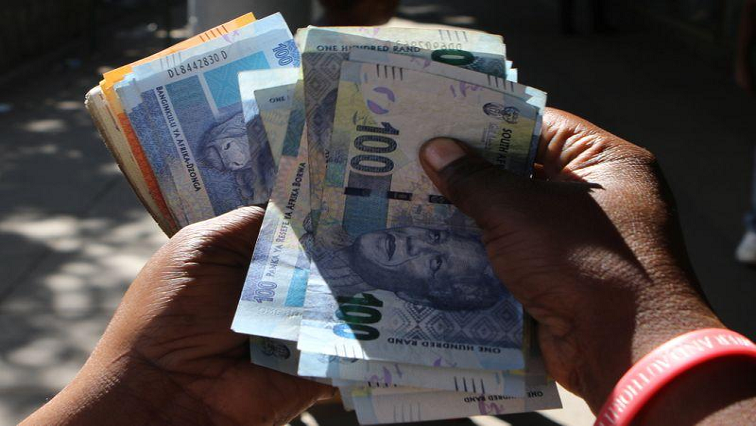Uncertainty around the Public Sector Wage Bill threatens fiscal consolidation ahead of the tabling of the MidTerm Budget Policy Statement by Finance Minister Enoch Godongwana this week.
Reaching around R660 billion in the 2021/22 financial year, the Public Sector Wage Bill is the largest spending item of the budget which could undermine government’s plans to put a tight lid on spending.
Government is reportedly contemplating implementing the three percent wage offer which has largely been rejected by unions in an effort to bring about policy certainty before the tabling of the Midterm budget on Wednesday, October 26, 2022.
As the stand-off between government and R1.3 million public sector workers continues over wages, analysts say compensation spending that is not budgeted for will crowds out spending on service delivery and other critical government provisions.
Chief Economist at Alexforbes, Isaah Mhlangu says, “One of the spending items that has been growing faster than expected is the wages and salaries, where even without a deal at this point in time, expectations are that Treasury is likely to offer a deal between three and five percent ultimately which is not budgeted for. That is going to detract from some of the overperformances from tax revenues.”
Under a section in the Public Service Act, the Minister of Public Service & Administration has powers to unilaterally implement the final wage offer on condition that it does not reduce the existing pay or other service benefits.
Enoch Godongwana is set to present the medium-term budget policy statement this week:
Former head of the National Treasury’s Budget office, Micheal Sachs, says the focus should be on cutting salaries instead of cutting the number of government service providers.
Sachs says, “We need to carve a new path ahead that takes into account the concerns of the users. At the moment the budget is a battle between the Treasury on the one hand which wants to consolidate the fiscus, the public service unions on the one hand which wants to have more pay and more members. My view is that sector departments in the Presidency are simply looking the other way, and are concentrating not on the prices of core government services, but are instead adding more pressure onto the fiscus through their new initiatives that they want to put onto the fiscus.”
The Public Service Association says the biggest contention of the wage dispute is the payment of the R1 000 cash gratuity which is expected to end in March next year.
The union says it has compromised significantly on its wage demand from 10 percent to 6.5 percent, which is still below the current inflation rate.
Public Service Association Claude Naiker says, “What’s happening now, remember we declared a dispute, but before you go on strike you need to finalise picketing rules, outlining the manner in which you picket and so forth. So that is being finalised. The only hurdle now with the collective agreement is the protection of the gratuity, that income comes to an end next year in March, and we’re hoping that the employer will continue with that.”
Over 260 000 members of the South African Democratic Teachers’ Union have accepted the government’s three percent wage offer, a 1.5 percent pay progression, and a R1000 non-pensionable cash allowance until March next year.



